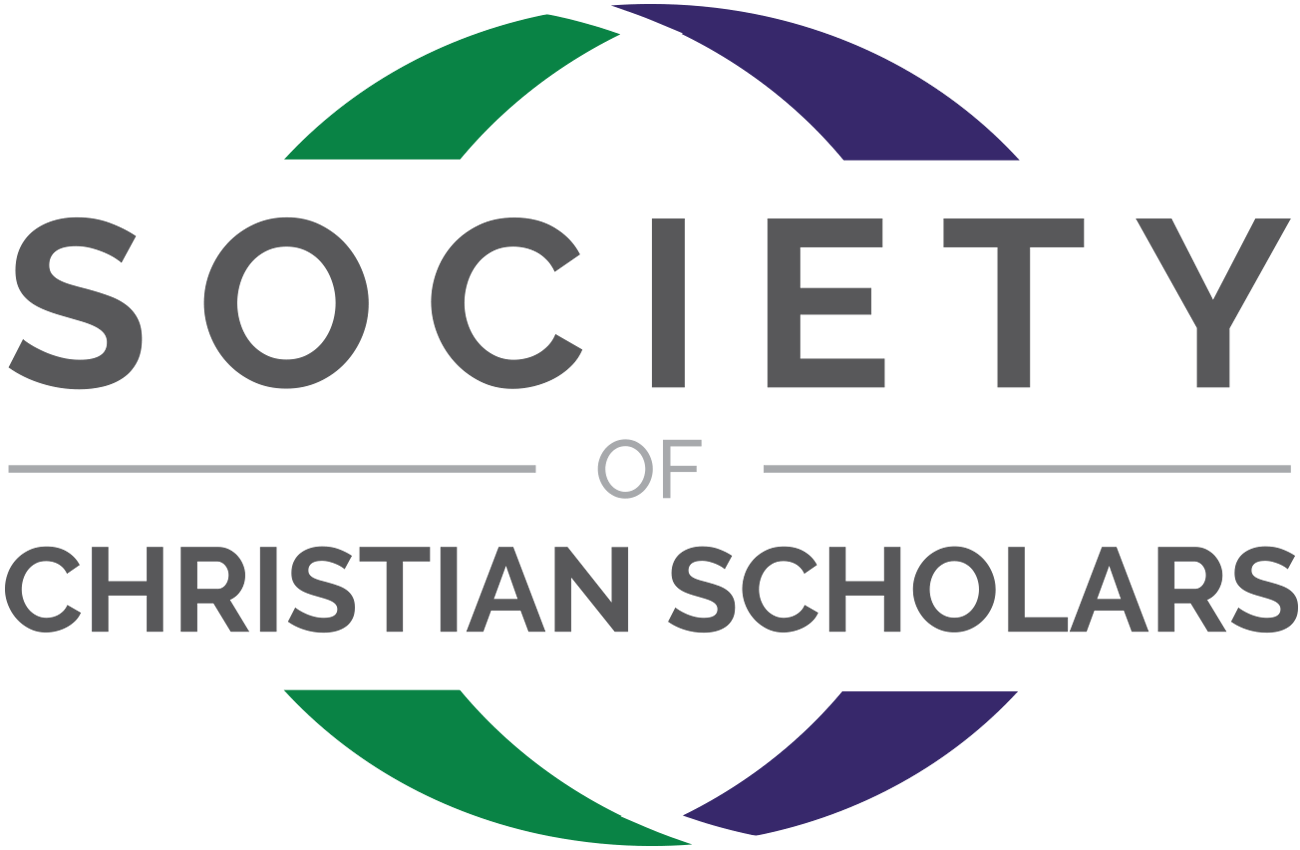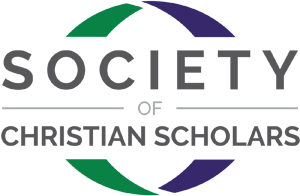|
“If we who are scholars wish to engage ‘the theological exploration of vocation’ in a meaningful way, then we must bring our religious faith and convictions into constant dialogue with our lives and with our work. To do less might well suggest that we have embraced not a vocation but merely a career” (p. xxxii).
“The successful integration of faith and learning demands a certain level of theological literacy and expertise” (p. 6).
“It is simply unthinkable that I should practice my teaching and my scholarship in one corner of my life, and practice my Christian faith in another so that never the [two] shall meet” (p. 97).
“I am not concerned that my scholarship and my teaching differ dramatically from what is generally considered good scholarship and good teaching in the academy at large. But I am concerned that if I am able to reach the highest levels of scholarship and teaching, I do so precisely because of my commitment to the Christian faith, not in spite of that commitment” (p. 98).
“The question … is not whether my work consistently embodies distinctively Christian language, themes, or ideas. Indeed, it is conceivable that a work of scholarship adorned with Christian language and Christian themes could be fundamentally anti-Christian at the most basic level possible––the level of first-order presuppositions and commitments” (p, 98).
Peruse the Society Library for similar challenging resources.
|

